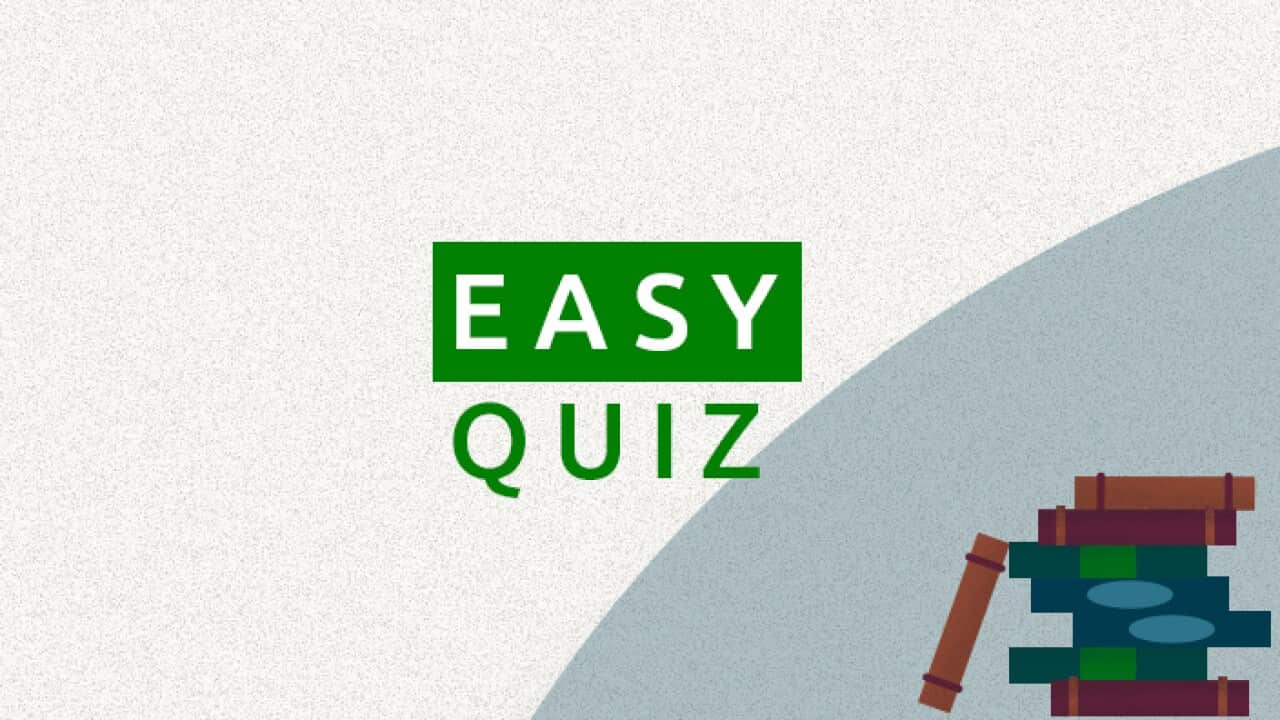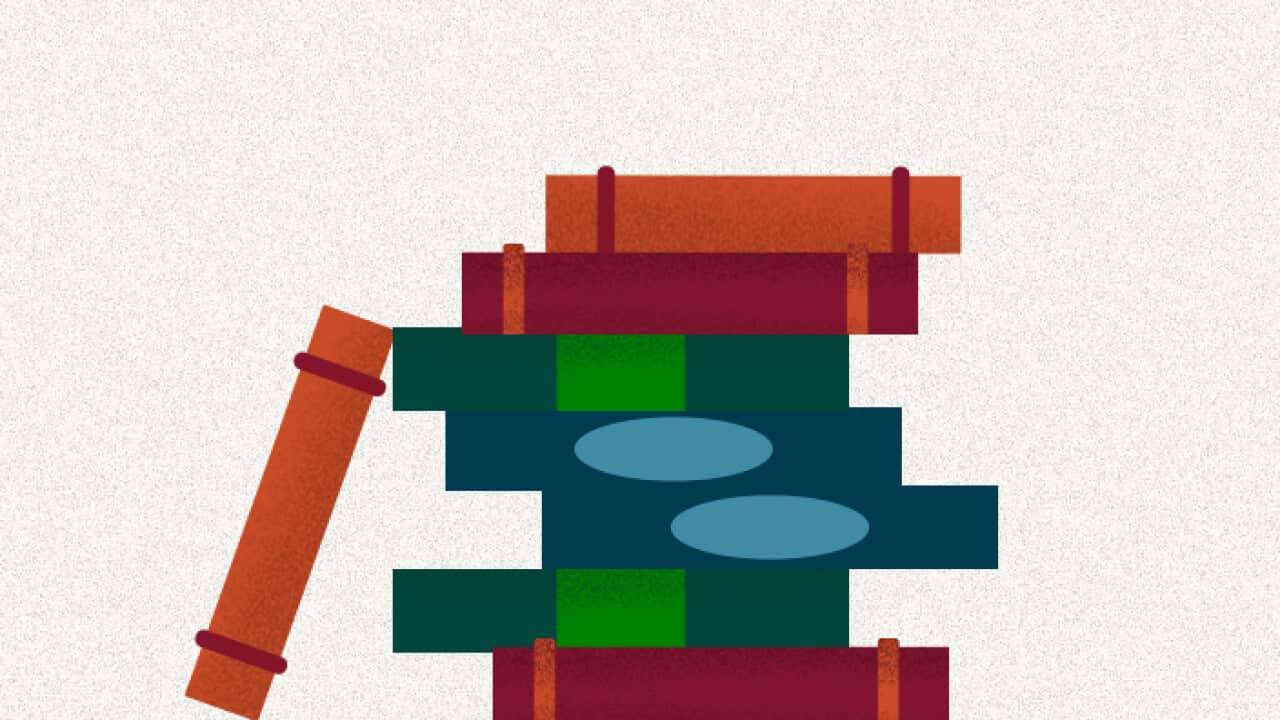Call it a day comes from an older phrase, “call it half a day,” that was used in the 1830s, when workers left before the day was over. By 1919, the shorter version ‘call it a day’ became common with the meaning of to stop work and not return to it or an activity for the rest of the day.
Over time, it became a common way to simply say “let’s finish now” in all kinds of situations. You can hear it everywhere:
When you stop work after a long day:
- We’ve had a lot of meetings. Let's call it a day.
When you finish a project or activity:
- I’ve been gardening all morning. I’m ready to call it a day.
In casual situations when you want to stop whatever it is that you are doing.
- Have you played enough basketball? Ok, let’s call it a day, then.
When you’re tired:
- I’ve been cleaning the house all morning — time to call it a day.
Explore the entire series Words we use by clicking here to listen!
Credits:
Host: Shannon Williams
Written by: Josipa Kosanovic
Graphic design: Dorry Wang
Educational consultant: Professor Lynda Yates
Produced by: Josipa Kosanovic












